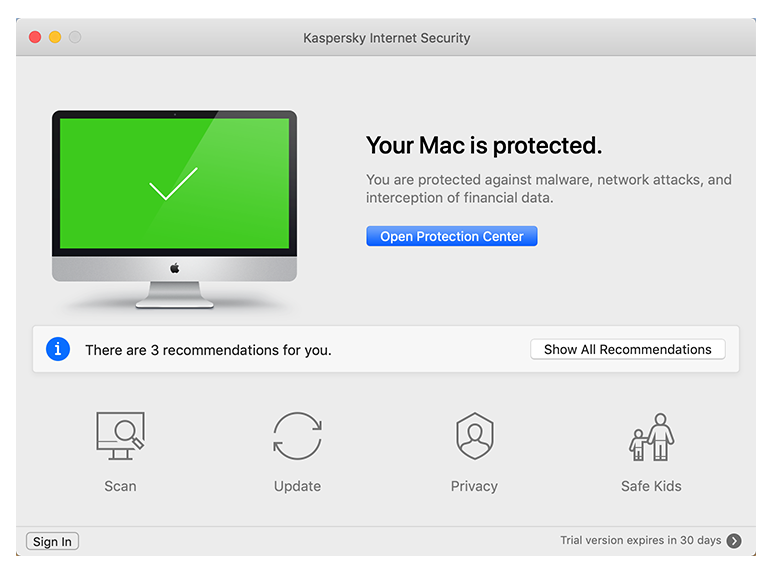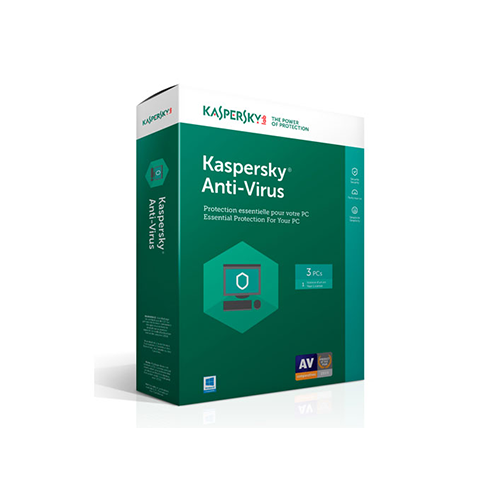
This boosted my confidence in Kaspersky since several security, and IT professionals I've chatted with have said phishing schemes are the top threat for most people.

In all, 98% of threats used in my testing were stopped by Kaspersky, including several phishing scheme sites designed to look like PayPal and Facebook login pages.

Trojans, rootkits, ransomware, and viruses are usually scrubbed clean without the threat ever making it to Kaspersky's quarantine folder because Kaspersky has a large database of known threats and taps into other databases to ensure it knows what to stop. In my testing of Kaspersky security programs, I've seen how each stops malicious files before they have a chance to download fully. What do all Kaspersky security programs have in common? government's stance on requiring only U.S.-designed security solutions to be used to protect government systems, there hasn't been any evidence to suggest Kaspersky can't be used for personal, consumer use. Recently Kaspersky Labs discovered a version of FinSpy designed to expose and collect all chat messages, including private ones, from mobile devices.ĭuring my many years of testing and evaluating the best antivirus software, I have seen how well Kaspersky works to stop malicious files from infecting computers and mobile devices. This move places Kaspersky under required third-party regulations and inspections.ĭespite the dark cloud of 2017, Kaspersky Labs, the research arm of the company, has continued to work to expose dangerous viruses and other malware programs. Over the last couple of years, Kaspersky has worked to rebuild its trust and image with the U.S., including moving all its critical operations, such as its development and legal teams, and its servers, out of Russia and into other countries, including several North American locations. government, despite removing Kaspersky programs from all its computers, never confirmed the rumors, nor placed any sanctions on Kaspersky. However, Kaspersky adamantly denies the allegations and the U.S. This information was allegedly then sent on to the Russian government.

Kaspersky got a lot of heat in 2017 when anonymous sources revealed Kaspersky was using its computer protection programs to gather classified information from government agencies and workers' computers. Let's discuss the big question first: Is Kaspersky safe?


 0 kommentar(er)
0 kommentar(er)
